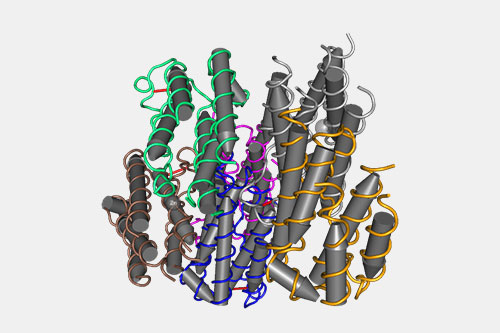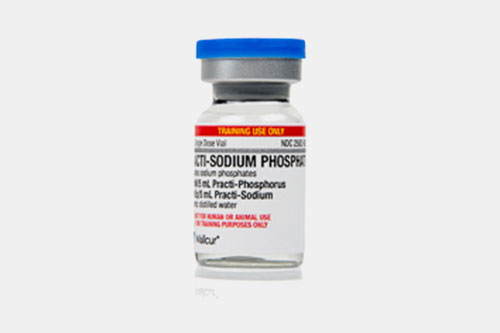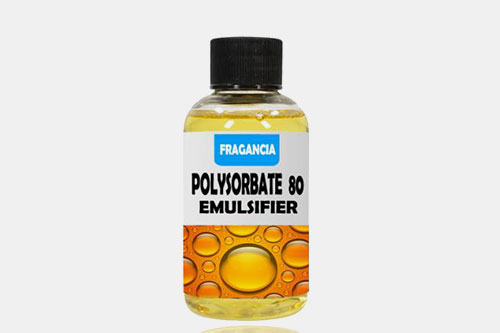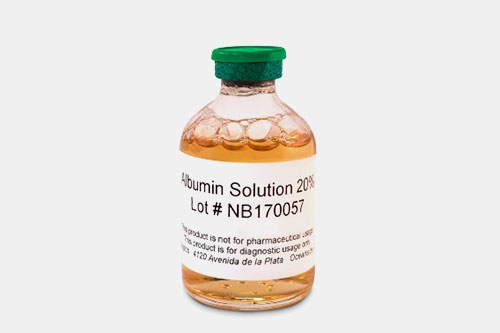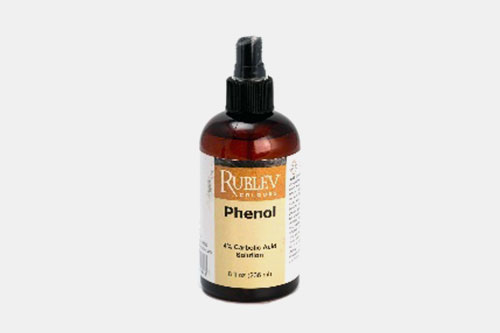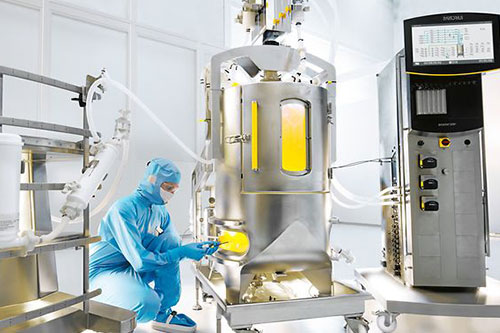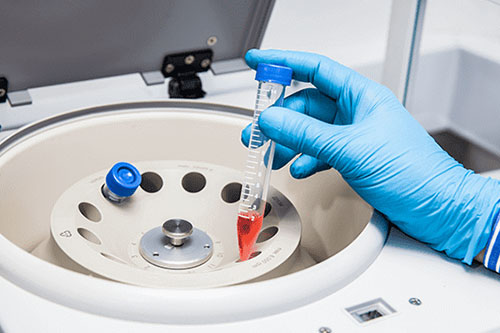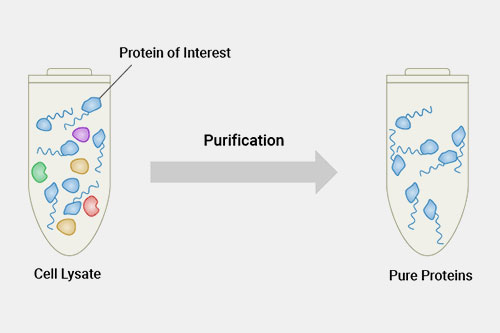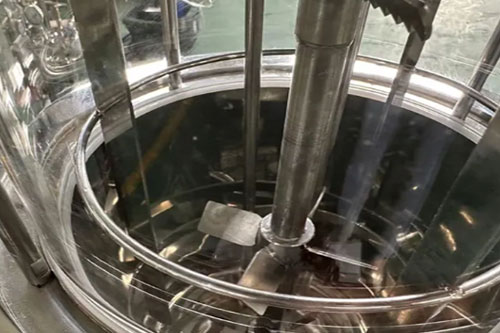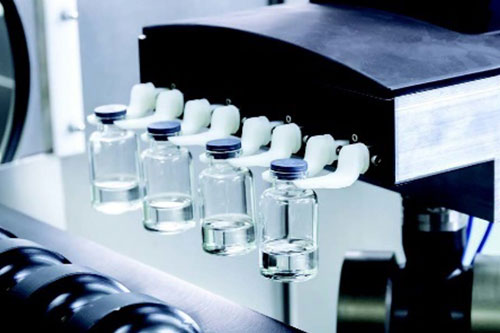Interferon For Cats: The Complete FAQ Guide In 2025
Are you searching for a medication for your cat that can treat their immune system problems and viral infection? You have tried things for your beloved cat to provide a quality life but nothing seems to work? Don’t worry- there is interferon that is used to treat viral disease like feline leukemia virus and other chronic illness. It is gaining popularity in feline’s world.
Formulated interferon for feline is available in form of interferon omega or interferon alpha that boost up the immune response of cat for chronic illness.
When vet prescribe of interferon as a treatment for your cat, and as a cat owner you are unaware of interferon and many questions are bursting in your mind like what exactly it is, how does it work, administered ways etc. then you are landed on right blog that could be the light for your cat’s health.
1.What is interferon for cats?
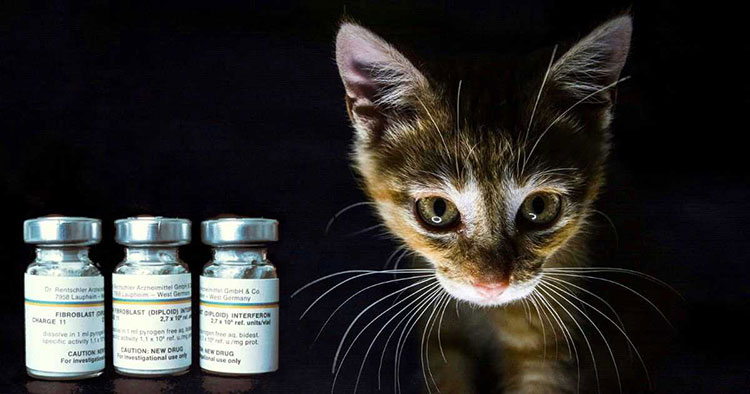
Interferon for cats-Picture courtesy: walkervillevet.com
Interferon for cats is the protein that modulate immune system. It is used to help immune system to fight back viral diseases such as feline leukemia virus (FeLV), Feline immunodeficiency virus (FIV), feline herpesvirus, immune-related disease and also boost up immune response. It works by activating the immune cell against the above virus diseases. It is used as a part of treatment by reducing symptoms and improves cat’s health.
2.How many types of interferon for cats available?
To treat viral and immune-mediated illness, interferon plays an important role as immune-modular. But is interferon available in different kinds? Or all they same? It is available in different types, each has its own origin, uses, formulation etc. Followings are the types of interferon for cats available.
Interferon Omega

Interferon Omega-Picture courtesy: vet-uk.virbac.com
This type of interferon is recombinant feline interferon that is used specifically for animals such as cat. Wait, what does the recombinant interferon mean? It means a gene that produces a natural interferon; a cat’s produces this protein to fight viral infections, are inserted in special cells.
- Viral diseases like feline leukemia virus and feline immunodeficiency virus etc. are treated by interferon omega.
- It has high effectiveness rate.
- It is administered through injection.
Interferon alpha
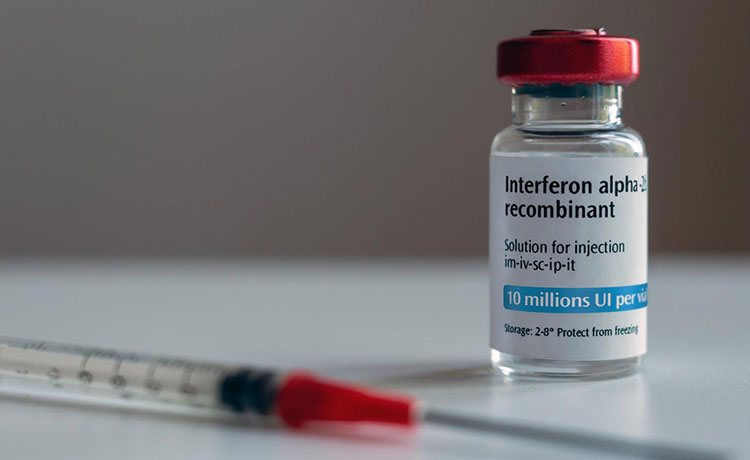
Alpha interferon-Picture courtesy: bjh.com
This type of interferon is originally developed to treat viral infections in human but recently veterinarians suggest to use interferon alpha for cats as it’s labeled-off. It is less effective because injecting human interferon in cats can cause cat’s body producing antibodies that lower its effectiveness.
- Have you ever wondered why human interferon alpha is used for cats? As feline immunodeficiency virus shares a pathobiological features to human immunodeficiency virus.
- It is given orally in low doses.
- Suppressed or weak immune system, feline herpesvirus, chronic respiratory infections etc. are treated by interferon alpha.
3.Do you know the conditions that are treated by interferon for cats?
If your cat is facing a long term and chronic health issues, and you may hear that interferon is beneficial for this. Then, you should know what type of conditions are treated by interferon for cats. Let’s explore the conditions where interferon for cats play their role.
Viral conditions
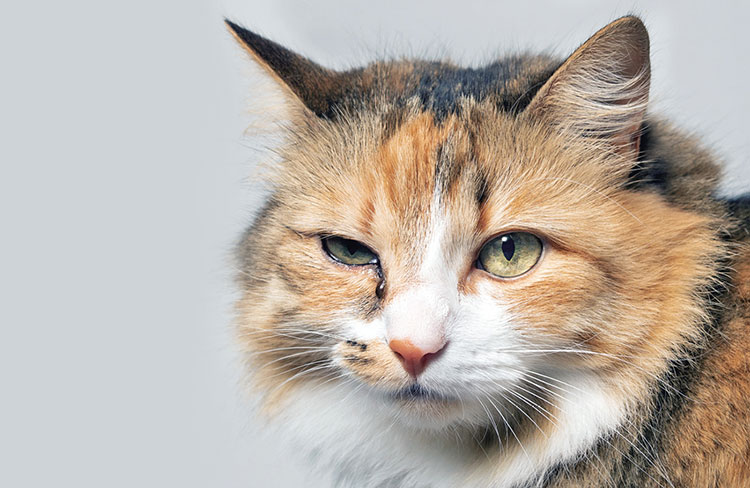
Viral conditions-Picture courtesy: reedanimalhospital.com
Interferon for cats is used to treat viral infections in cat. When virus attacks the cat’s body, it starts to replicate inside cat’s cell and weakens its body. The virus causes long term affects in body and exposes body to chronic illness. Here, interferon for cats come as a worrier that reduce symptoms by slow down replication of virus and enhances the immune response. The viral conditions are
Feline immunodeficiency virus,feline herpesvirus, feline calicivirus etc. are the viral conditions in cats.
Immune-Related Disorders
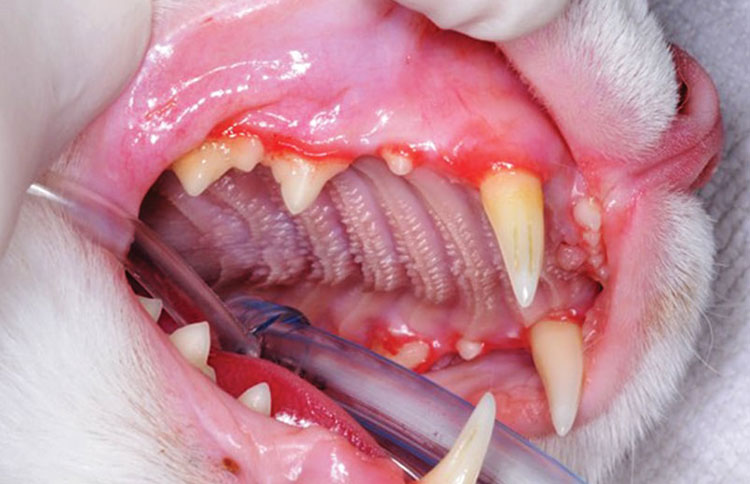
Immune-Related Disorders-Picture courtesy: todaysveterinarypractice.com
If your cat is experiencing inflamed gums, eat less and over drooling, then it can have immune-related illness. Interferon supports cat’s immune system. It is often connected to viral infection when immune system is too weak or over-active and starts attack its own immune cells or tissues. Interferon for cats can calm down the immune reaction, balance or maintain the immune system.
Immune System dysfunction, chronic gingivostomatitis etc. are the immune-related disorders.
Other chronic conditions
If your cat is experiencing chronic conditions, you might think it is due to viral infection. Not all chronic conditions are due to virus. Do you know what will be use in this condition? Same here, interferon is used as a supportive care. It acts as a pillar to the immune system of cats, and reduce chronic symptoms.
4.Can bacterial infections be treated by interferon for cats?
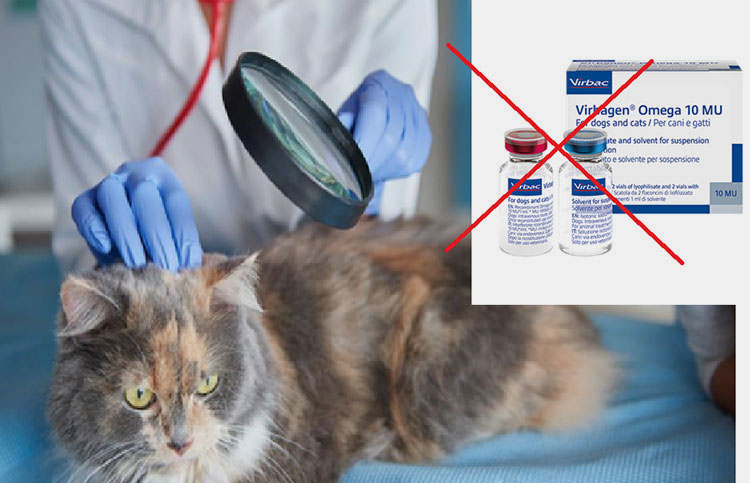
Bacterial infections be treated by interferon for cats-Picture courtesy: petmd.com
No, interferon for cats is not used to treat bacterial infections in cats. It treats only viral infections. There are other medications known as antibiotics are designed for bacterial infection.
Interferon boosts up the immune system of cats to respond to viral infection. The immune cells get activated that starts action on virus by targeting its protein and DNA that mainly helps in growth of virus. It slows down its replication. Thus, interferon does not have mechanism to kill or impact bacteria cells.
If your cat is showing symptoms of pneumonia, urinary tract infection, abscess and other related symptoms, your vet may prescribe antibiotic as it can only treat bacteria related infections. Have you ever wondered can you use interferon and antibiotic in combination? Yes, you can use. But how? If your cat is having viral infection like feline calicivirus and secondary bacterial infection gets developed, then in this case, vet might prescribe interferon for supporting immune system and antibiotic for healing bacterial infection.
5.What are the ingredients used in manufacturing interferon for cats?
In formulation of interferon for cats, not only a recombinant technology like active interferon protein is used but also a pharmaceutical related formulas are also considered. The ingredients ensure that interferon not only supports immune system but also remain stable, effective and of high quality when stored. Do you know what these power agents are? Let’s discuss it.
| Ingredients | Explanation |
| Recombinant interferon protein
|
Interferon omega is derived from feline interferon gene through recombinant technology that is bioengineered. It mimics the original interferon in cats. |
| Recombinant interferon protein | Interferon alpha is also produced through recombinant biotechnology. Basically, it is human specific but still effective for cats. |
| Buffer
Buffer-Picture courtesy: wallcur.com |
This is added to the interferon solution to maintain PH of it. A slight change in it can break the protein and will inactive the solution. You should use sodium phosphate and citric acid as a buffer agent. |
| Surfactants
Surfactants |
You can use surfactants like polysorbate 80. But, have you ever wondered why it is used? To prevent sticking of protein on walls of vials, ampoules, surfactants is used. This keeps protein in its position. |
| Stabilizers
Stabilizers-Picture courtesy: novabiologics.com |
Glycerol, human serum albumin, mannitol etc. can be used as stabilizer. These helps to maintain interferon during storing and prevent from degradation. |
| Solvent | Pharmaceutical grade sterile water is used as a base in formulation of interferon especially in injectable solution. It prevents contamination of this solution. |
| Preservatives
Preservatives-picture courtesy: naturalpigments.com |
Why solution is preserved even when repeatedly opened? This is all due to use of preservatives. Benzyl alcohol or phenol is used in small amount to prevent the interferon solution from germs. |
6.How does an interferon for cat’s work?
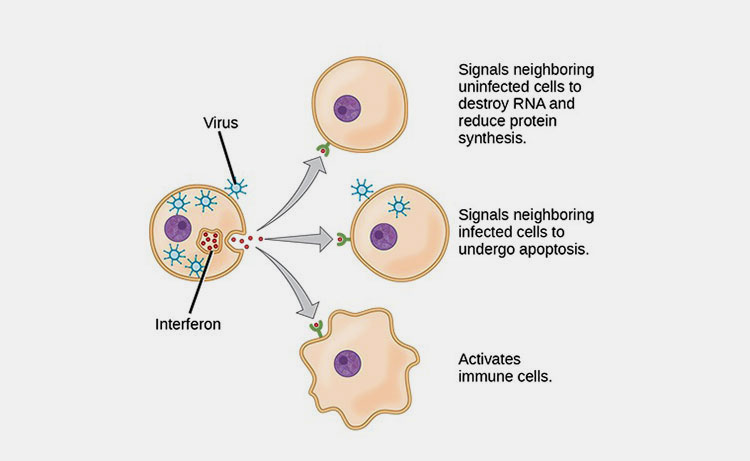
Interferon for cat’s work-Picture courtesy: lecturio.com
Interferon stimulates immune system of cats against viral infection. It doesn’t directly target virus like antibiotic targets bacteria. At this difficult hours, natural body defense depends all on interferon. Hence, it acts as alarm that awaken immune cells to activate and respond. Here below shows how interferon for cat’s work.
| Activating natural killer cells | In immune system disorder in cats, immune cells target healthy tissue or cells. Interferon for cats are given to grasp the condition like chronic stomatitis. It calms down immune reaction and balance immune activity. It activates killer cells to clear the infection. |
| Stimulates antiviral proteins-activate healthy cells | Is your cat fighting with viral infection? Then, interferon can play important role. Feline leukemia or feline immunodeficiency virus are viral infections in cats. Interferon slows growth of virus by shielding healthy cells and trigger production of antiviral protein that interfere in replication of virus. |
| Slow progression | Interferon slows down intensity of chronic illness in cats. It does not fully cure viral infections as it only activates immune system. This also reduces symptoms and provide better quality of health for your cat. Thus, it slows down spread of virus in body. |
7.What is the manufacturing process of interferon for cats?
Different steps are involved in its manufacturing process that you as a manufacturer should know. These are:
| Steps | Explanation |
| Gene cloning
Gene cloning-Picture courtesy: biokimicroki.com |
To make interferon for cats, first step you should do is gene cloning. Isolate gene responsible for interferon making. Then, insert this gene in selected vector that has to be transformed in microorganism body. |
| Cell culture preparation
Cell culture preparation-picture courtesy: Sartorius |
To prepare interferon for cats, you should bioengineered interferon. This can be achieved by using bioreactor that provides such environment where recombinant interferon can be grown. |
| Components separation or harvesting
Components separation-Picture courtesy: drawell.com |
Once, cell culture is prepared, centrifuge machine is used to remove extra particles or remaining protein particles are removed by using centrifuge force. |
| Protein purification
Protein purification-Picture courtesy: cusabio.com |
When protein is harvested by using centrifuge, target protein (interferon) is purified from mixture. For this, chromatography system is used where resins in columns attract protein particles with different charge and size. |
| Formulation
Formulation-picture courtesy: ivenpharmatech.com |
You should formulate solution by mixing purified protein with stabilizer, buffer and other raw material. This is done in mixing tank. |
| Filtration | Filtration of interferon solution is necessary. It ensures sterility of solution before filling that enhances stability of interferon when store. A sterile filtration unit is used for this purpose. |
| Interferon filling
Interferon filling-Picture courtesy: steriline |
Filtered interferon solution is filled in desired vials or other containers. This process is accurately and precisely carried out because underfilling, overfilling and contamination can compromise manufacturing process. |
| Packaging
Packaging-Picture courtesy: mascotijos.com |
When containers are filled from interferon, they are labeled with certain information through labeling machine. Then, these labeled containers are put inside cartons. This enhances brand and container image. |
| Storage
Storage -Picture courtesy: ancasterfoodequipment.com |
Interferon solution for cats that can be degrade when exposed to temperature. Thus, a refrigerator is used that provides a cool temperature for the solution. |
8.Do you know the machines used in the manufacturing of interferon for cats?
Manufacturing of interferon involves different machines. As you know interferon is a protein that needs bioengineered process, uses recombinant DNA technology. Let’s explore machines involved in its manufacturing.
Gene cloning
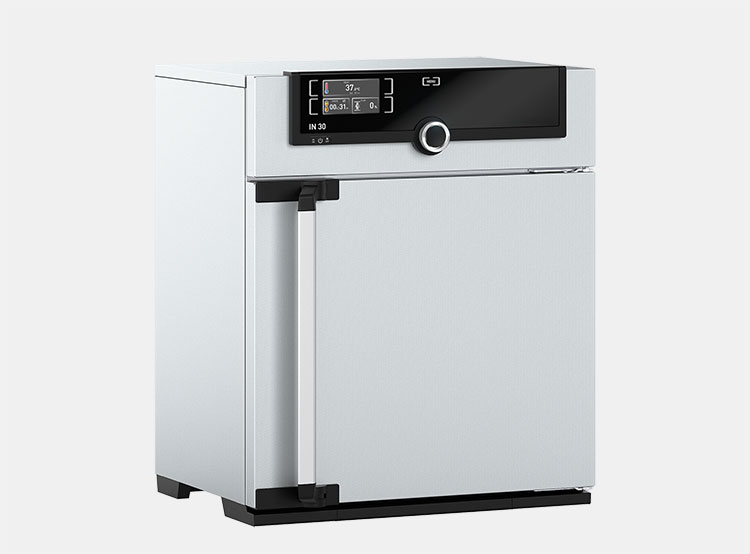
Incubator-Picture courtesy: memmert.com
For gene cloning, incubator is used. A specialty of incubator use for gene cloning for interferon production is that it provides an environment ideal for its cloning. A mammalian cell used in interferon protein are transfected with cloned genes are grown in incubator. Sensors detect temperature, humidity level and other conditions in incubator to provide body-like conditions.
Bioreactor
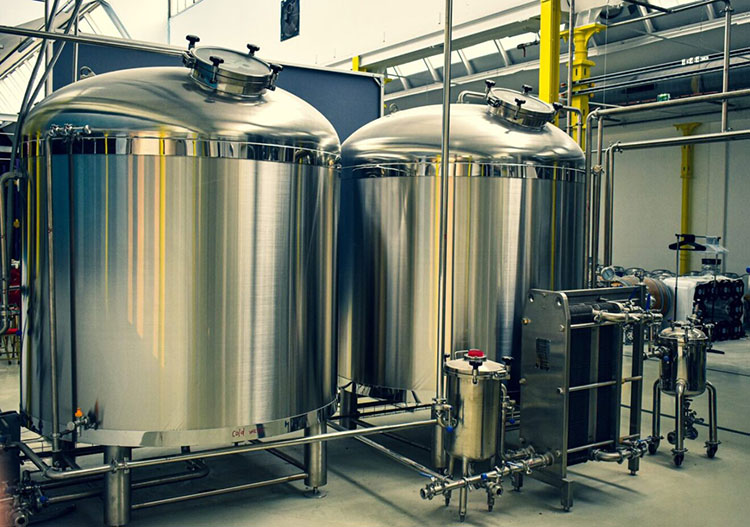
Bioreactor
For cell culture, bioreactor is used. A high quality of interferon is produced in bioreactor when optimum conditions are maintained for cell that cultivate interferon protein. As a nutrient rich environment is needed for interferon growth and this is all done by different components of bioreactor. Oxygen is essential for cell growth which can be provide by gas sparger.
Centrifuge
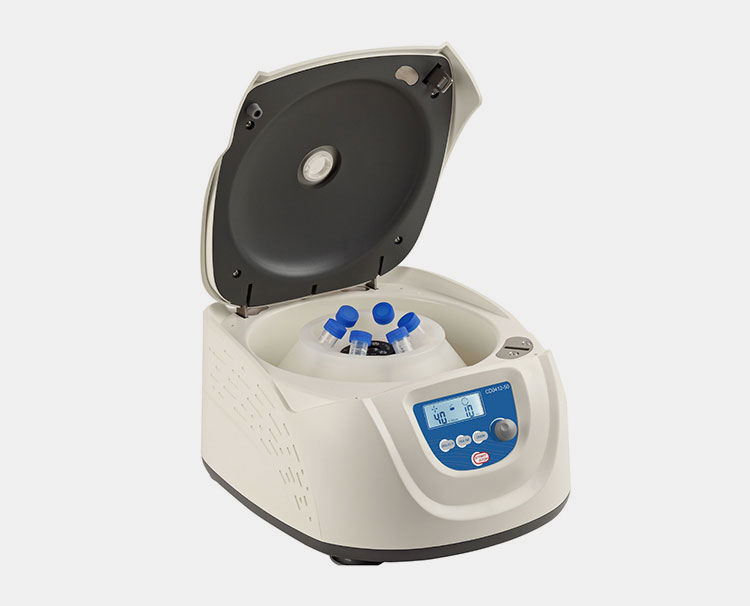
Centrifuge-picture courtesy: profilab24.com
As from its name, centrifuge force is applied to separate different components of mixture. This machine is used during cell culture is harvested or cleaning of bioreactor broth. There is rotor, motor, chamber, and refrigeration system in centrifuge. When rotor rotates on high speed, light components such as supernatant come on top that are removed afterward while heavy components like biomass settle down at bottom.
Protein purification
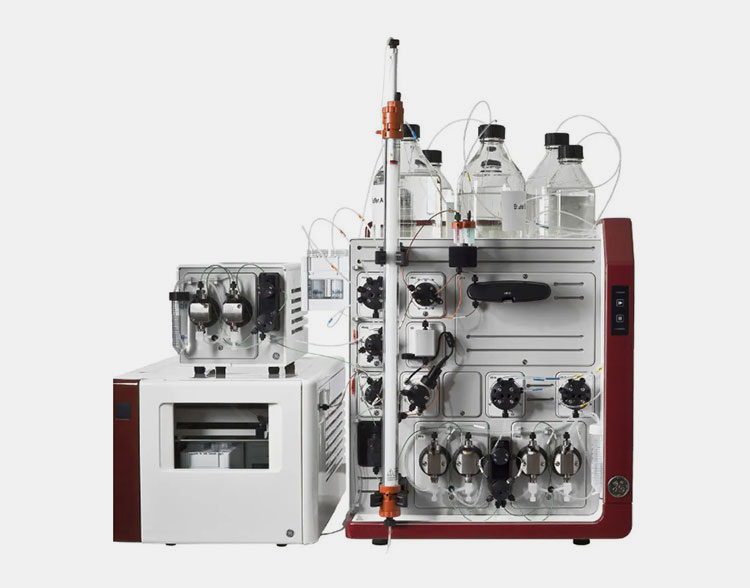
protein purification-Picture courtesy: medicalexpo.com
After harvesting cell, chromatography system is used for purification of protein, interferon. Purification removes impurities. It consists of chromatography column, valves, UV detector, collector and control panel. Harvested solution is passed through columns where protein particles with different sizes or charges interact with resins in these columns. The target proteins are eluted by using buffer conditions.
Mixing tank
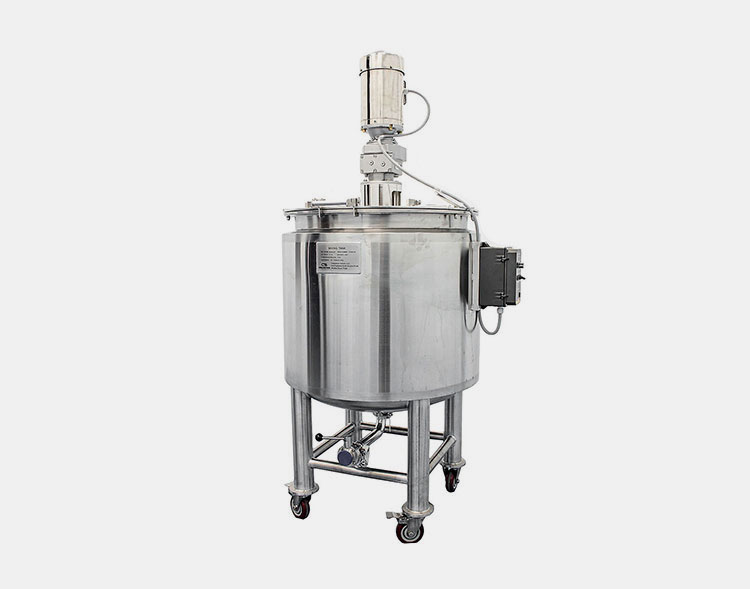
Mixing tank-picture courtesy: cedarstoneindustry.com
In order to make formulation, mixing tank is used. Here purified interferon is mixed with different ingredients such as stabilizer, preservatives, buffer or other excipients. Impellers target a uniform mixing of these to make it final for filling process.
Filtration unit
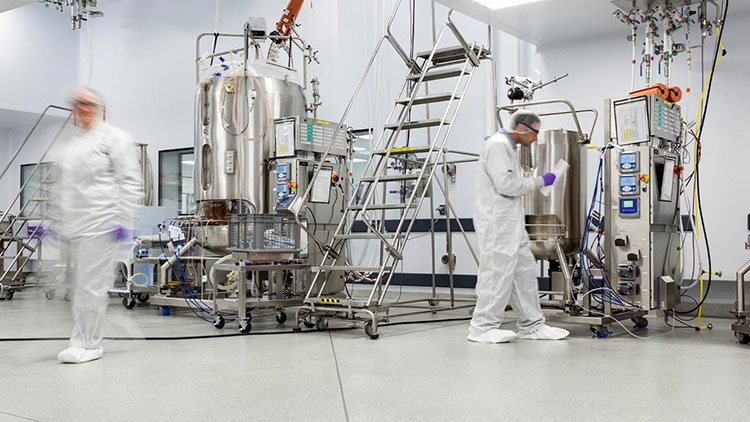
Filtration unit-Picture courtesy: ipsdb.com
Sterile filtration unit is highly efficient in removing microbes and other particles from interferon solution. Different membrane units are used to remove different sized solid particles and microorganisms from cell culture. There are chances of clogging due to trapping of particles in membrane pores when interferon solution is passed through it.
Aseptic vial filling line
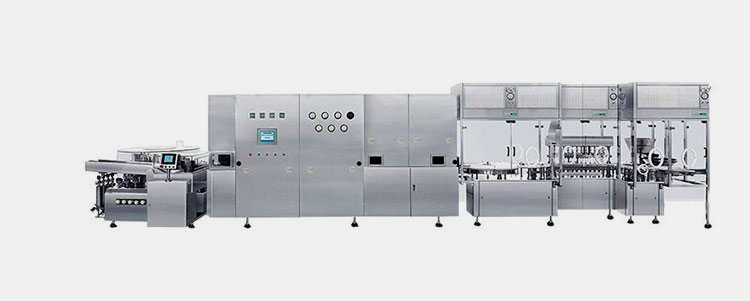
AIPAK Engineering aseptic vial filling line
The above filling line of AIPAK ENGINEERING gives a high-quality output. It is used in pharmaceutical industry to fill vials. Different machines are integrated in this line. The ultrasonic washing machine washes vials using ultrasonic waves. Then, transferred to dry sterilizer where vials are dried and sterilized before filling. Vials are filled from interferon solution and stoppered using filling stoppering machine. For more safety of product, capping machine adds cap on vials top.
Labeling machine
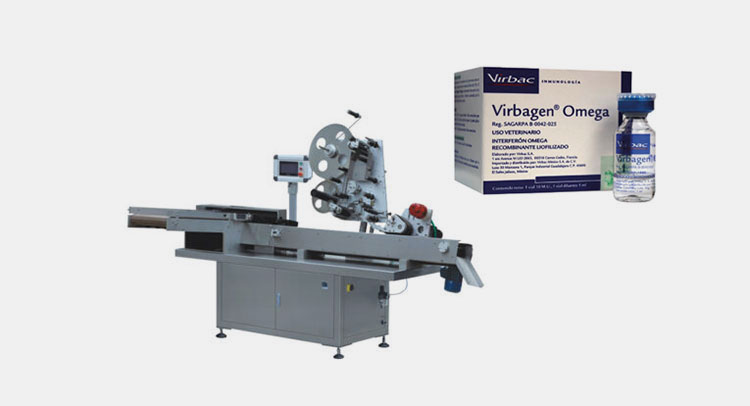
AIPAK labeling machine
You may have seen interferon for cats with proper labels. Important information like ingredients, expiry date, storage conditions and others regarding interferon solution are labeled on interferon containers. This is achieved by labeling machine. It can be wrap around container.
Cartoning machine
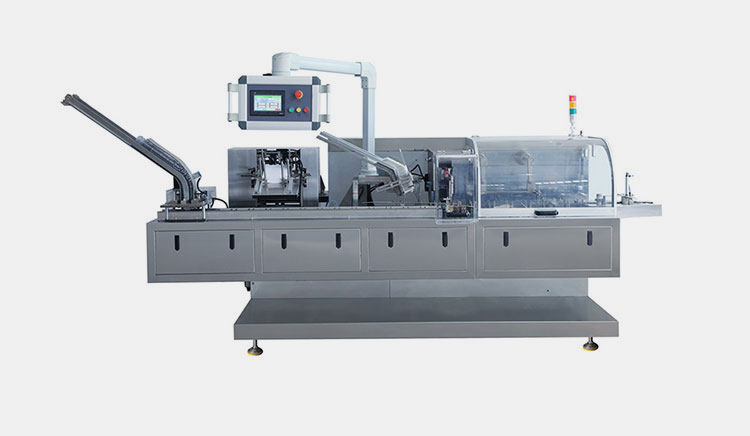
AIPAK cartoning machine
Do you know interferon containers are packed in cartons? Different packaging styles can be created using cartoning machine. In this machine, cartons are loaded, erected and then formed in which interferon for cat’s vials or bottles are inserted. This provides safety and beauty to the product.
Storage
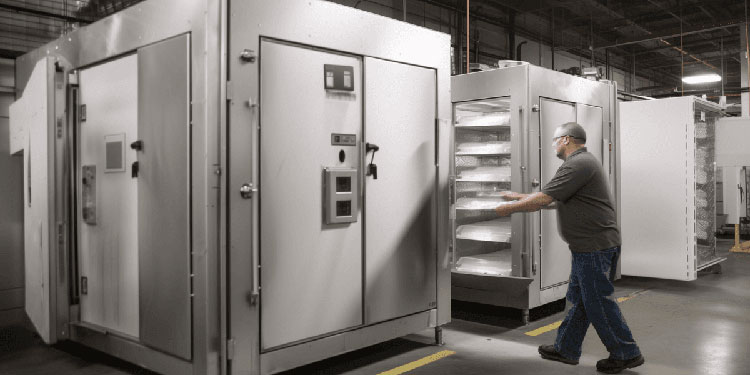
Storage -Picture courtesy: buildops.com
There are temperature sensitive ingredients in interferon solution that degrade at room temperature. So, what should you use? A refrigerator is used to preserve the stability and effectiveness of this sensitive solution
9.How interferon for cats administered?
Veterinarians may recommend interferon for cats when viral infection is taking over cat. But you are struggling to find out how exactly it is given? You will amaze by knowing that it is administered in different ways depends on type of interferon and the condition it is dealing with. Followings below are the ways of administering interferon for cats.
Subcutaneous administration
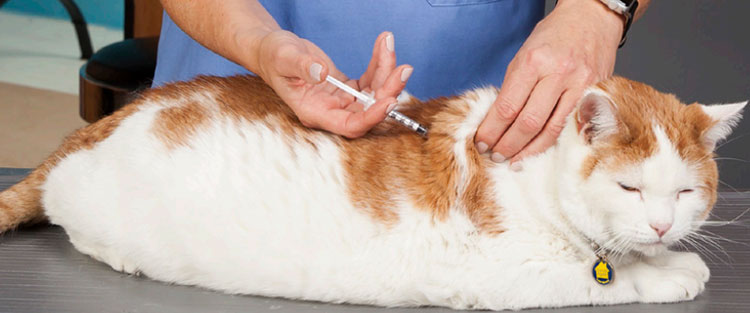
Subcutaneous administration-Picture courtesy: vetsulin.com
Has your vet suggested subcutaneous way for interferon for cats? Interferon for cats are administered in subcutaneous, under the skin. It is most commonly used method when your cat is experiencing a serious conditions like feline leukemia virus or feline immunodeficiency virus. Mostly interferon omega is administered this way.
- This is effective and fast absorbing method of interferon.
- All you have to do is to loosen skin between shoulder or at back(scruff); the injection sites.
Topical administration
Is your cat drooling excessively, and has inflamed gums? It can be due to immune-disorder and viral infection. For this purpose, you can use interferon directly on the infection site like in mouth for inflamed gums.
- It is applied in diluted form that boost up the immune system.
- Have you wondered what is it ideal for? It’s ideal for those cats that are difficult to handle when getting injection, so this way of administration of interferon is good option.
Oral administration
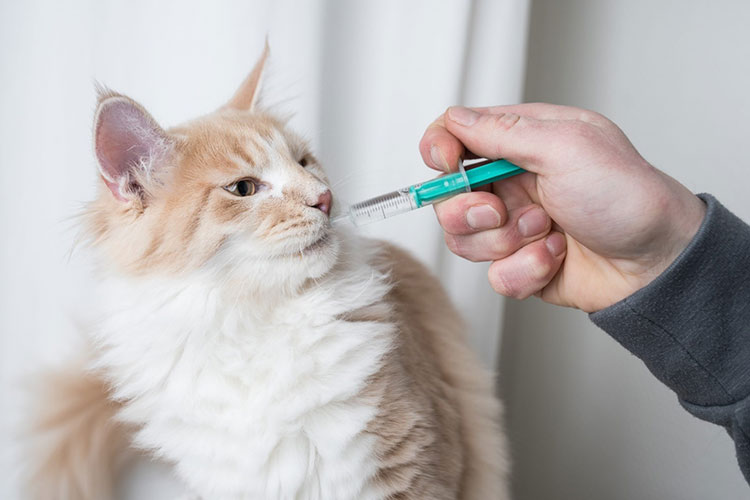
Oral administration-Picture courtesy: catfriendly.com
Interferon alpha is given orally in liquid form. It is use to treat chronic conditions where long term immune support is required. This type of administration is given in small dosages. It will be better to give diluted interferon without mixing in cat’s food but if cat vomits, then can give with food.
- It takes week to show effects.
- Place the orally-designed interferon under the tongue or inside cheeks.
10.What is the shelf life of interferon for cats?
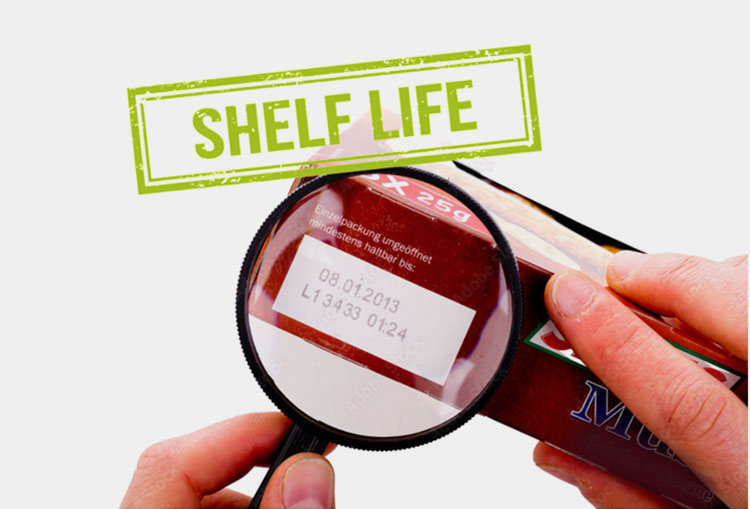
Shelf life of interferon for cats-picture courtesy: ffassessorianutricional.com
Imagine you have bought interferon for cats on suggestion of vet. But now a question is pinching your mind that how long will it remain effective and how to retain it. It depends on storage and either it is opened or not. Let’s clear your answer.
| Conditions | Shelf life |
| Unopened interferon | Shelf life of unopened interferon has long shelf life. It has a life of almost two years when stored at a balanced condition like store up to 8 centigrade. Let’s break shelf life of types of interferon. Shelf life of interferon omega, when in powder form, is longer and can stay effective for years. While interferon alpha is in liquid form and remain effective for two years, if unopened and store at cold-chain environment. |
| Opened interferon | Shelf-life interferon omega gets reduce when reconstituted. It remains effective for at least six months but must be store in refrigerator. If talk about interferon alpha, after compounding, you can store it for three to four days when store at room temperature. |
11.Can interferon for cats show reaction?
Do you know your cat’s body can show adverse reaction due to interferon? Interferon plays a great role in balancing and activating immune system but sometimes it can cause negative reaction. Do you know what these reactions are? Followings below are the reaction due to interferon for cats that a pet owners should know.
Lethargy

Lethargy-Picture courtesy: thevets.com
Have you notice your cat being sleepier since starting treatment? It is most common reaction that a cat show when taking interferon- inactive and sleepier all day. Your playful cat may not be interested in playing for two or three days. Reason? It is because its body is adjusted to the sudden activation of immune system.
Digestive upset
Your cat may experience vomiting and diarrhea after getting a few doses of interferon medication. Does it? Interferon alpha may irritate your cat digestive system because some of the cats have sensitive digestive tract or given on empty stomach.
Mild fever
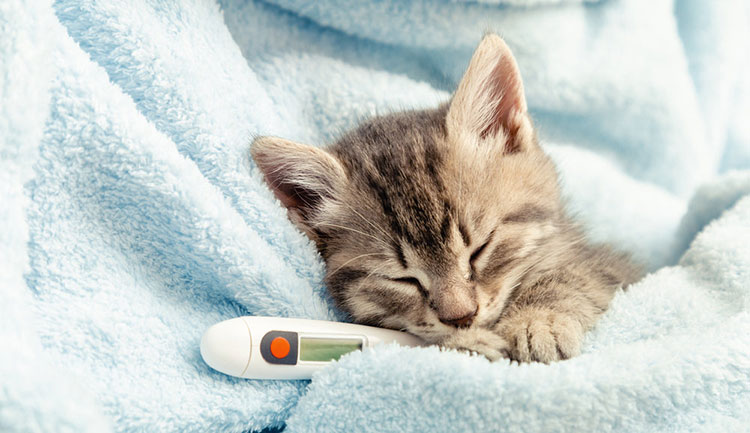
Mild fever-Picture courtesy: prettylitter.com
When cat is given interferon, it can show mild fever. Do you know reason? It is due to activation or boosting of immune system.
Inflammation at the injection site
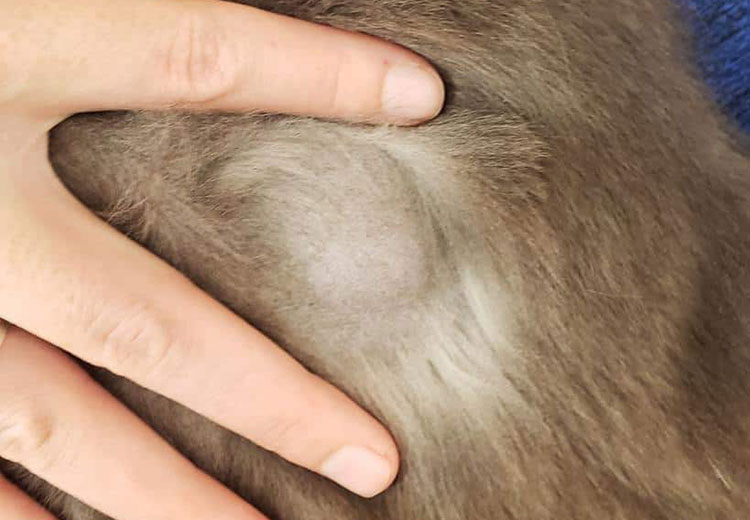
Inflammation at the injection site-Picture courtesy: thefluffykitty.com
Have you noticed a bump on cats’ body where injection is administered? When interferon for cats is injected subcutaneously, site may look red, and swell. A lump may form that can be painful if touched. If it gets worse like pus formation, consult vet.
Risk of antibody formation
If interferon alpha is excessively given to cat, its body may develop antibodies against it. Have you noticed treatment less effective? It could be due to antibodies buildup. Interferon will stop working and immune reaction will be shown.
12.What are the storage conditions of interferon for cats?
If you want effective and stable interferon for cats, there are storage conditions you should follow. Here they are:
Light protection
Do you know interferon for cats has light sensitive ingredients? Interferon has ingredients that are sensitive to light, if expose to light would cause them to degrade, it will ineffective. Store in dark place.
Temperature
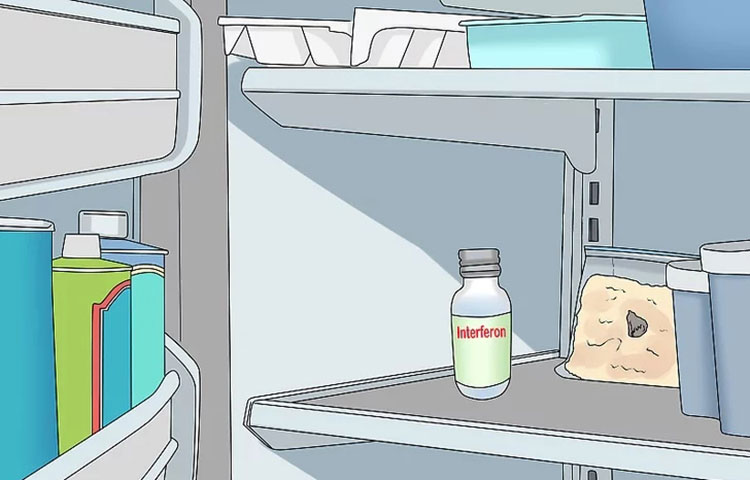
Temperature-Picture courtesy: wikihow.com
Store interferon for cat in low temperature. Always use refrigerator but you should keep in mind that don’t freeze interferon solution as it would denature or inactive protein.
Don’t shake
Hold interferon containers gently. You should not shake it otherwise this delicate protein structure would break and will ineffective.
Conclusion
To conclude this FAQ guide, it must be noted that interferon is a protein that is only used to activate immune cells, balance or maintain immune system and all these actions are done due to viral infection or immune disorder in cats. It does not directly target virus cells like antibiotic for bacteria. Interferon omega is directly cultured from cat’s interferon gene while interferon alpha is specifically for humans but vets prescribe it for cats too and is still off-label. If you are pet-owner and have some query, do contact us. Thanks!
Don't forget to share this post!
CONTACT US
Tell us your raw material and project budget to get quotations within 24 hours.
WhatsApp Us: +86 181 7101 8586
 Tell us your material or budget, we'll reply you ASAP within 24 hours
Tell us your material or budget, we'll reply you ASAP within 24 hours

